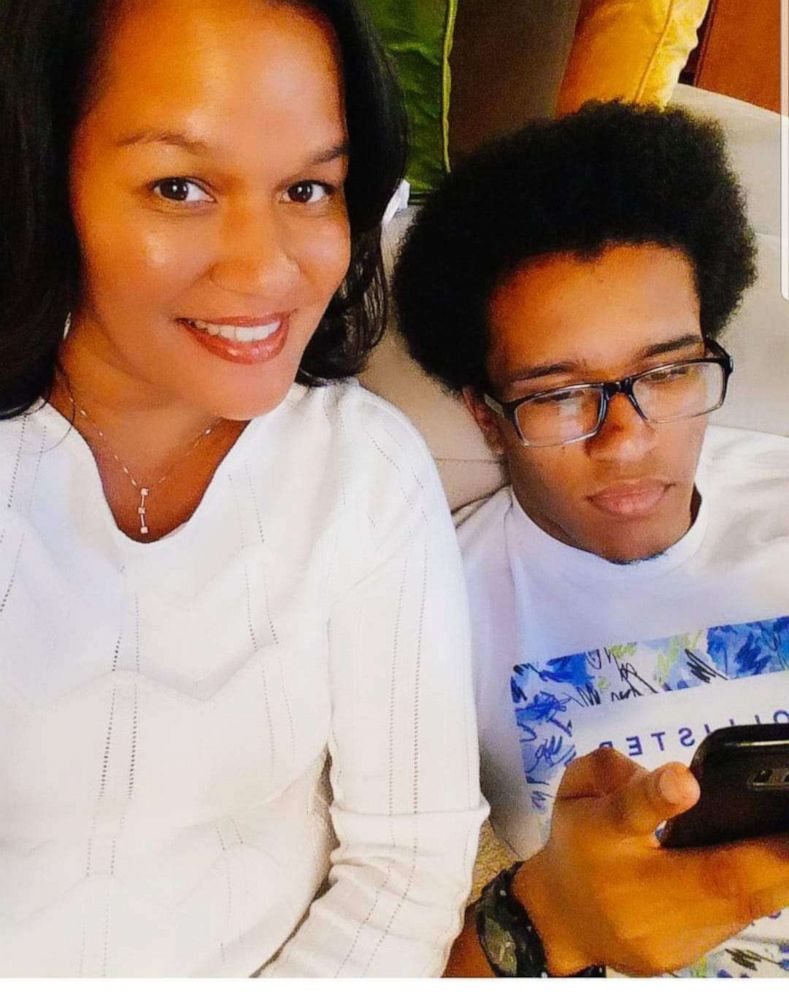Black man with autism gets conditional pardon for 10-year sentence
Matthew Rushin pleaded guilty to his involvement in two car crashes.
Matthew Rushin will soon be a free man thanks to a conditional pardon granted to him by Virginia Gov. Ralph Northam last week.
The 22-year-old from Virginia Beach was sentenced to 10 years in prison in August after pleading guilty to two counts of malicious wounding and one hit-and-run charge for his involvement in two car crashes on the same night in January 2019.
The second crash left 77-year-old George Cusick badly disabled and with lasting brain damage.
Prosecutors in the case argued that Rushin was attempting suicide by driving into oncoming traffic, but Rushin’s family attorney told ABC News that the incident was an accident.
Rushin’s family says that he was having an emotional episode sparked by his autism at the time of the incident, and that he never intended to hurt anyone. Their lawyer also said Rushin was never evaluated for his mental state before he was arrested or interrogated by police.
“It was devastating to us,” Lavern Rushin, Matthew Rushin’s mom, told ABC News. “Each day he lived behind bars, we lived behind bars.”

Through it all, his mother argued his innocence and fought for his freedom. She took her battle to social media in a campaign to bring him home.
Celebrities like Jamie Lee Curtis, NBA star Dominique Wilkins and Beyonce’s mom, Tina Lawson, learned about the cause on social media and threw their support behind it.
The GoFundMe page his mother launched has raised over $114,000 to help with legal fees in his defense. Nearly 250,000 people signed an online petition calling on Northam to free Rushin.
The family petitioned for a pardon from the governor this past June and a conditional pardon was granted after a “thorough review of the case,” the governor’s office said.
“The news came and we were just so elated and just so overwhelmed with emotions,” Lavern Rushin said. “Even up to now.”
The conditional pardon does not erase Rushin’s conviction and requires him to have a parole officer assigned to him for five years. He’ll have to participate in supervised mental health treatment, counseling and undergo a substance abuse evaluation.

Right now, Rushin’s release is expected to be no earlier than next spring, according to the governor’s office. His mom hopes the date can be moved up.
“Hopefully the governor will have a little more compassion and send him home for the holidays,” she said.
Matthew Rushin won’t be allowed to drive for the rest of his life, though he can petition to have that changed after 10 years. He is also not permitted to own a firearm or ever have contact with the victims involved in the two crashes, according to the governor’s office.
If Rushin violates any of these conditions, he will end up back in prison to complete the rest of his sentence, the governor’s office said.
Virginia Beach Police and the commonwealth’s attorney have stood by their handling of the investigation.

“While it certainly is within the Governor’s authority to do so, this office believes that the sentence imposed by the court was appropriate, just and fair,” the office of the Commonwealth’s Attorney told ABC News in a statement. Virginia Beach Police also stood by their handling of the investigation.
Danna Cusick, who was injured alongside her husband George, issued a statement to ABC News about the governor’s decision, that reads in part: “He should never drive again.”
“I wish him well and hope that he stays safe. However, the public needs to be kept safe also,” she said in the statement. “Now, George is a shell. He can breathe on his own and move his arms slightly but that is it. We don't know if he knows us. He doesn't respond to us. His smile is gone. George is gone and we miss him.”
Though the Rushin family is overjoyed, there’s still a long road ahead for Matthew Rushin to settle back into his normal life. He has been dealing with medical issues that have impacted his vision and will require additional health care once he’s released.
Lavern Rushin says her son’s case exemplifies why mental health issues cannot be treated with prison time.
“Prison is not the cure for autism and anyone having a mental health crisis,” she said. “There needs to be more reform and more training for those officers to handle crises like that, and even a separate entity … coming in and assisting those officers.”




